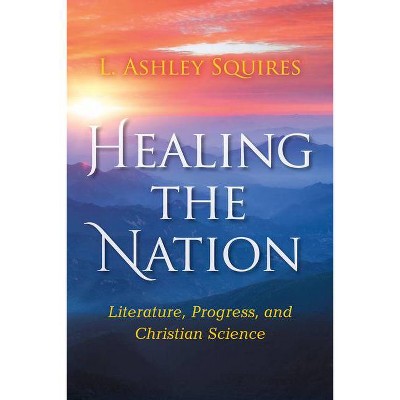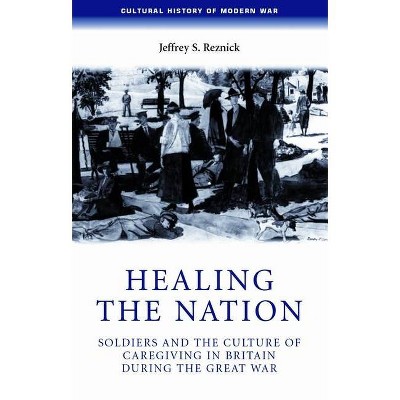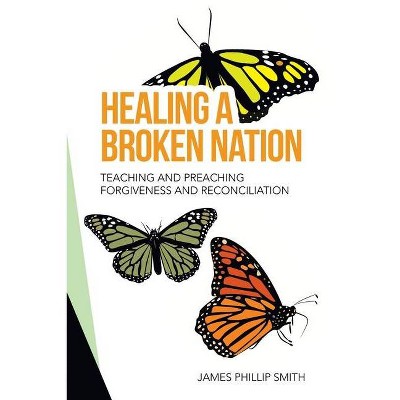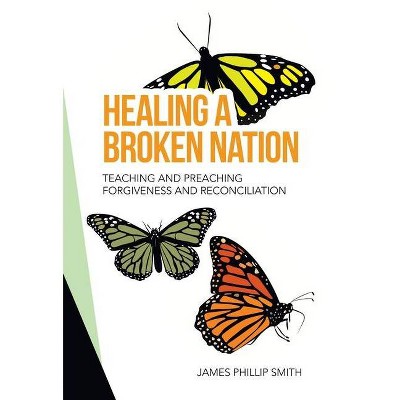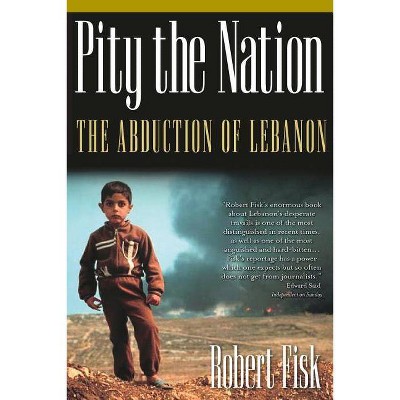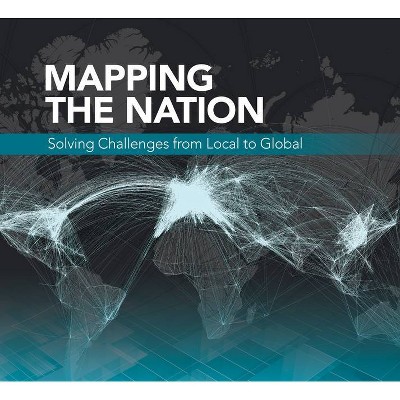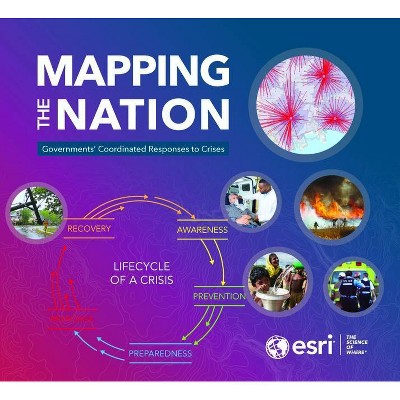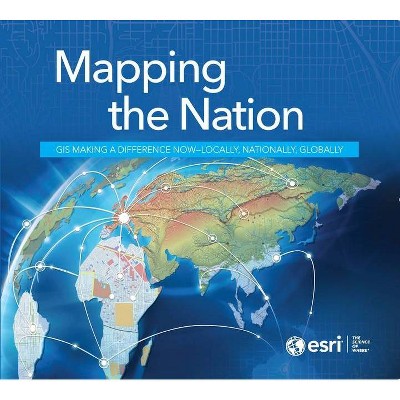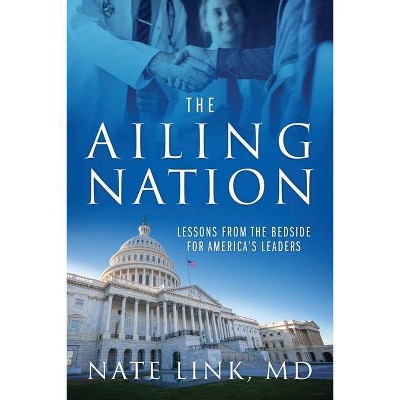Healing the Nation - by Yucel Yanikdag (Paperback)
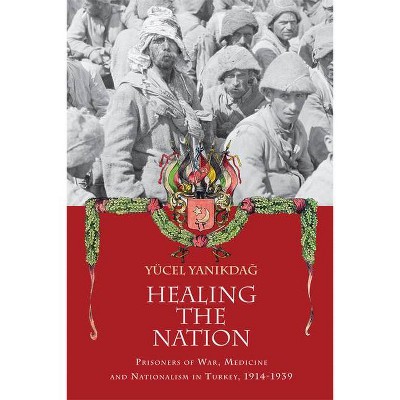
Similar Products
Products of same category from the store
AllProduct info
<p/><br></br><p><b> About the Book </b></p></br></br><p>Explores how, during the Great War, Ottoman prisoners of war and military doctors discursively constructed their nation as a community, and at the same time attempted to exclude certain groups from that nation. </p><p/><br></br><p><b> Book Synopsis </b></p></br></br><p>Yucel Yanikdag explores how, during the First World War, Ottoman prisoners of war and military doctors discursively constructed their nation as a community, and at the same time attempted to exclude certain groups from that nation. Those excluded were not always from different ethnic or religious groups as you might expect. The educated officer prisoners excluded the uncivilised and illiterate peasants from their concept of the nation, while doctors used international socio-medicine to exclude all those - officers, enlisted men, civilians - they deemed to be hereditarily weak.</p><p/><br></br><p><b> From the Back Cover </b></p></br></br>'This highly original and impeccably researched study helps us understand not only the workings of the Ottoman military establishment but also the state formation in the late Ottoman Empire and the influence of German theories of medicine, psychiatry and eugenics in this complex process.' M. Şükrü Hanioğlu, Garrett Professor in Foreign Affairs, Near Eastern Studies Department, Princeton University Unique sources reveal how the Great War and its psychological fallout influenced the construction of Turkish identity and nationalism What did Ottoman prisoners of war imprisoned in Russia and Egypt during the Great War understand of nation, culture and Islam? And what role did science play in the imagined future of the nation for the Ottoman-Turkish psychiatrists who diagnosed prisoners following post-war repatriation? Doctors' interpretation of prisoners' health issues led to far-reaching questions about the relationship between the prisoners' physical bodies and mental states on the one hand, and the body politic and collective mentality of the Turkish Republic during the interwar period, on the other. During the interwar years, when the military's vigour was still taken to be a reflection of the nation's health, doctors projected the worrisome picture of the shattered nerves of both prisoner and non-prisoner alike onto the nation at large. The Great War revealed the poor health of the nation and gave medical men the chance to regenerate it through eugenics. Just as officer prisoners in the camps excluded ignorant peasants from their discursive construction of the nation, the psychiatrists disqualified those seen to threaten the nation's body. Key Features - Uses previously untapped sources to reveal a new story of prisoners, medicine and nationalism - Broadens the discussion of nationalism to include both ideological and biological factors - Explores the social, demographic, psychological and medical impact of the Great War on the Ottoman Empire and Modern Turkey Yücel Yanıkdağ is Associate Professor of History at the University of Richmond. Cover image: Vaveyla, Prisoner of War newspaper masthead, hand-drawn image, Krasnoyarsk, Siberia, image courtesy of Library of the Turkish Parliament (TBMM), Ankara. The Campaign in Mesopotamia during the First World War: a group of Turkish prisoners captured during the action of Tuz Khurmatli, Varges Ariel, catalogue number: Q 24659 (c) Imperial War Museum. Cover design: [EUP logo] www.euppublishing.com<p/><br></br><p><b> Review Quotes </b></p></br></br><br><br>This highly original and impeccably researched study helps us understand not only the workings of the Ottoman military establishment but also the state formation in the late Ottoman Empire and the influence of German theories of medicine, psychiatry and eugenics in this complex process. - M. Sükrü<br>Hanioglu, Princeton University <br><p></p><br>His skill and craft as a social historian shines brightly in this account of Ottoman soldiers who were not heroes, as he tells us two stories at once: the tale of those who were silenced and that of those who did the silencing. - Turkish Review, Nergis Canefe (York University, Toronto)<p></p><br>This is a fascinating study, readable, always interesting, well written and set out and based <br>on extensive primary research in the Ottoman archives, in the Public Record Office, in the US <br>national archives, in the camp newspapers and drawing on a host of other material. As a <br>study of the health consequences of war, Healing the Nation should appeal to doctors <br>and psychiatrists as well as students of late Ottoman and early republican Turkish history. - Jeremy Salt, Social History of Medicine<p></p><br>The original sources and new insights offered by Healing the Nation gives scholars of the Ottoman Empire, Turkey, and the modern Middle East much to consider. Few, if any, works preceding this study have considered the history and legacy of wartime internment, thus adding considerably to the<br>breadth of our understanding of World War I. - Ryan Gingeras, The American Historical Review <br><p></p><br>Weaved together in a comprehensive work with inquisitive reasoning and clever writing style, [Healing the Nation] deserves a warm welcome to historiography. - Sanem Güvenç Salgirli, Insight Turkey <br><p></p><br>beginning with tracing Turkish nationalism among POWs and following with the analysis of the reports of medical doctors, Yanikdag creates a unique and untraditional approach to point out the trajectory of the emergence of Turkish nationalism among POWs... the author's approach is a methodologically<br>creative way to discuss the Ottomans' role in the Great War. Consequently, the medical publications, the bibliography, and above all the prisoners' literature, including prison-camp newspapers, poems, folk songs, and cartoons that the author unearthed, make the book a real gem for scholars. --<br>Haldun Yalçinkaya, TOBB University of Economics and Technology, Ankara, ar in History <br><p></p><br><br><p/><br></br><p><b> About the Author </b></p></br></br><p>Yücel Yanıkdağ is Associate Professor of History at the University of Richmond. Born in Istanbul, he received his Ph.D. from The Ohio State University. A Fulbright-Hays scholar, his research interests include: social and cultural history of the Great War, social history of medicine, and Turkish nationalism. His articles have appeared in Journal of Contemporary History, Middle Eastern Studies, and The First World War as Remembered in the Countries of the Mediterranean.<p>
Price History
Cheapest price in the interval: 33.95 on November 8, 2021
Most expensive price in the interval: 33.95 on December 20, 2021
Price Archive shows prices from various stores, lets you see history and find the cheapest. There is no actual sale on the website. For all support, inquiry and suggestion messagescommunication@pricearchive.us
